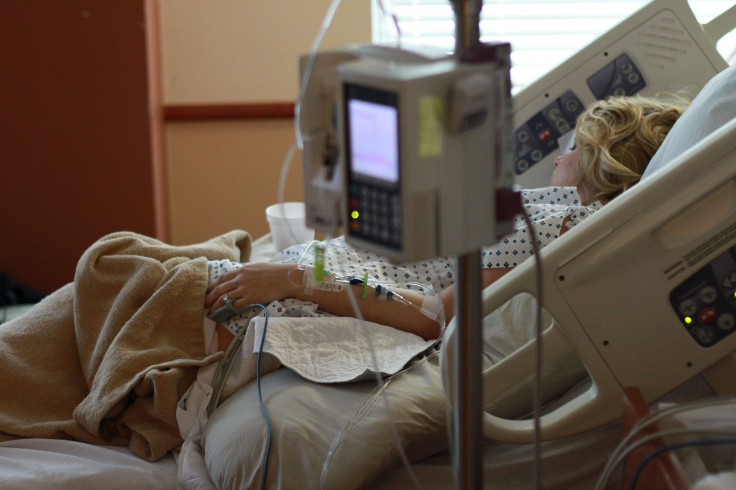What Is Melioidosis? Very Rare Illness Kills 2 In US
KEY POINTS
- Four cases of melioidosis were recorded in U.S.
- Two have already died of the rare disease
- The disease can be mistaken for tuberculosis or pneumonia
The Centers for Disease Control on Monday urged doctors to watch out for acute bacterial infections that do not respond to typical antibiotics. This warning comes after a second death due to melioidosis was recorded in the U.S., with two others reported sick in separate states.
In a statement, the CDC said that the bacterial strains found on the patients with melioidosis closely match each other, suggesting a possible common source. The cases were recorded in Georgia, Kansas, Texas and Minnesota.
Over 100 samples had been collected and tested from the soil, water and other products from the patient’s home and nearby areas. However, none were positive for the bacteria Burkholderia pseudomallei, which is responsible for melioidosis.
While the disease is typically found in tropical areas, none of the four patients have traveled outside the country in recent months. This is why health officials also remind clinicians not to rule out melioidosis even if the patient has not traveled internationally.
Several factors, including their location, time of illness and exposure to multiple products before infection make it a challenge for health officials to pinpoint the source of the disease.
Melioidosis is a disease predominant in South Asia and Australia, with contaminated water and soil being the primary sources of the bacteria. Direct contact with the contaminated source causes the bacteria to spread to humans and animals, CDC noted.
The disease has several types of infection, each with different symptoms and can be mistaken for other illnesses, such as tuberculosis or pneumonia.
Most children who get infected with melioidosis do not show risk factors. For adults, those with underlying medical conditions like diabetes, liver disease, and cancer have higher risks of melioidosis infection.
People who are experiencing frequent cough, chest pain, unexplained weight loss, high fever, and continuous headaches are encouraged to see their doctor. Early detection and proper treatment by health professionals should resolve the illness.

© Copyright IBTimes 2025. All rights reserved.





















